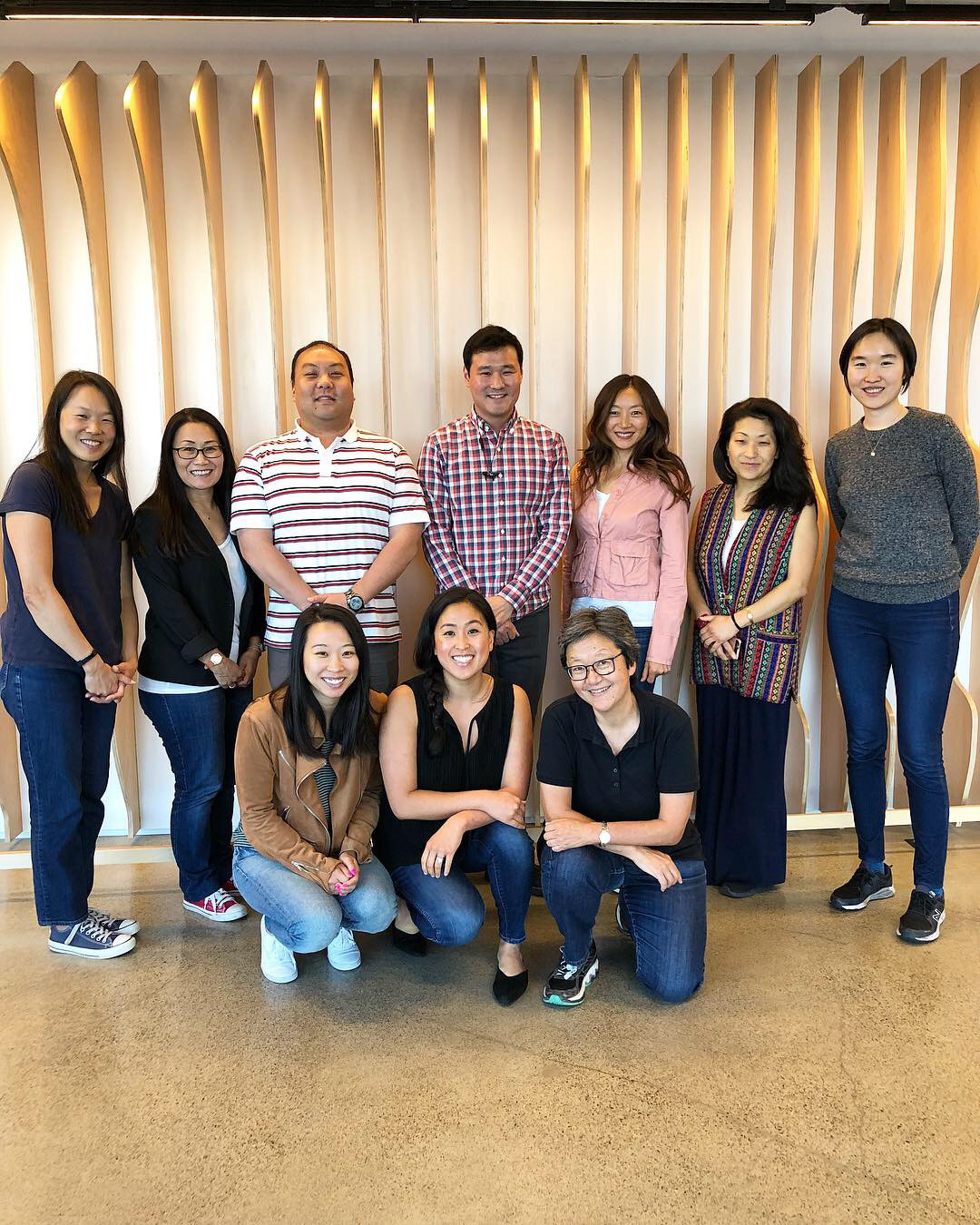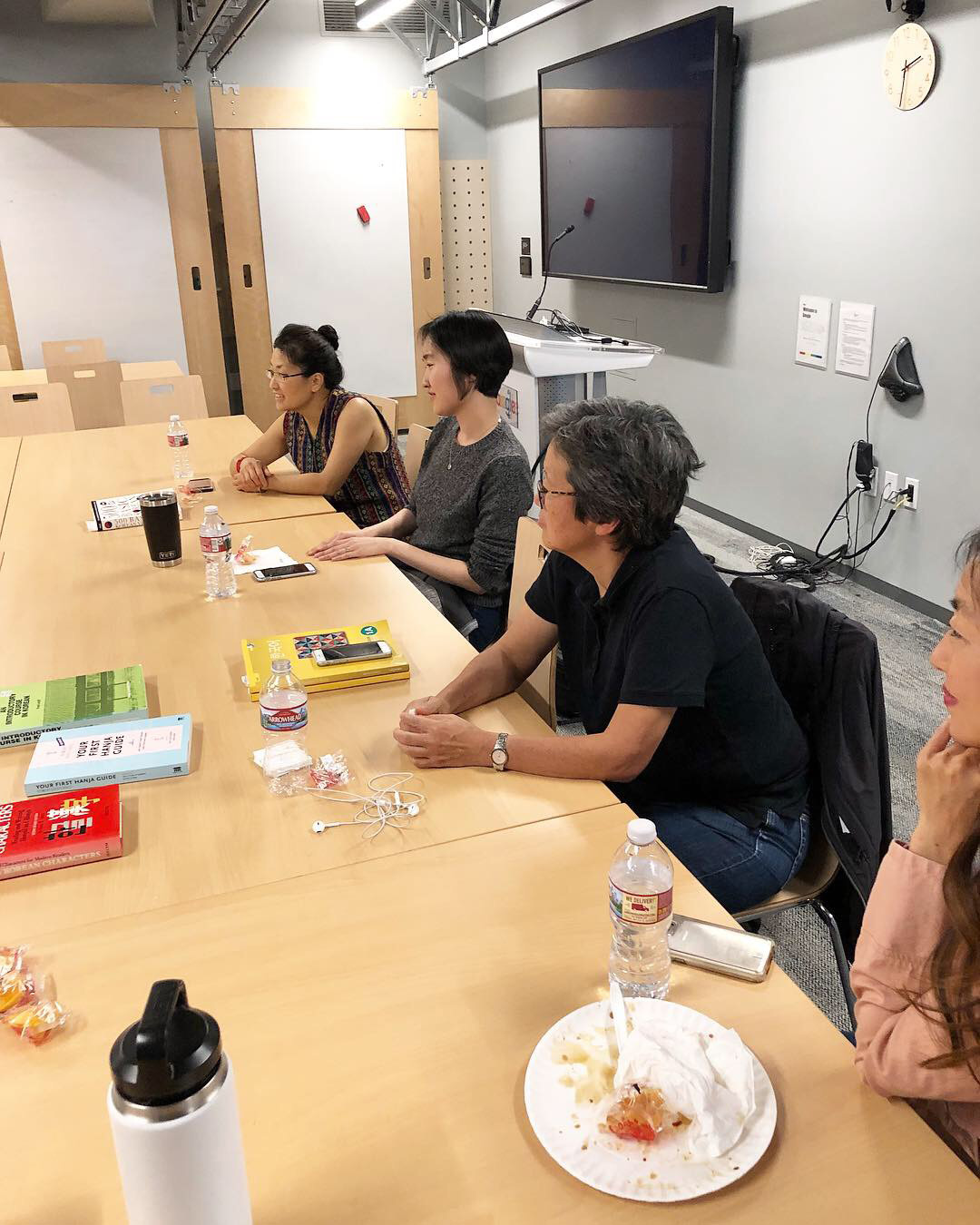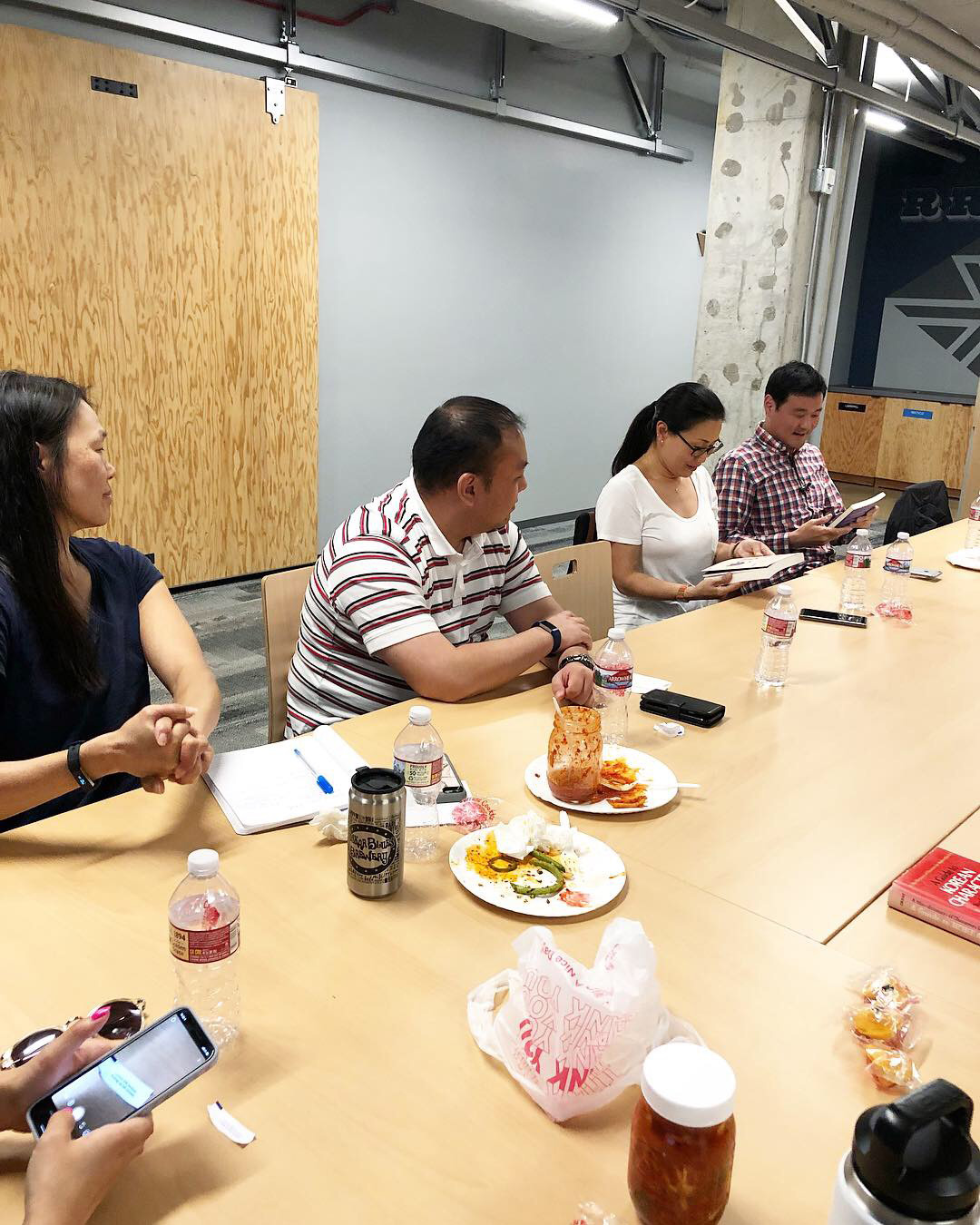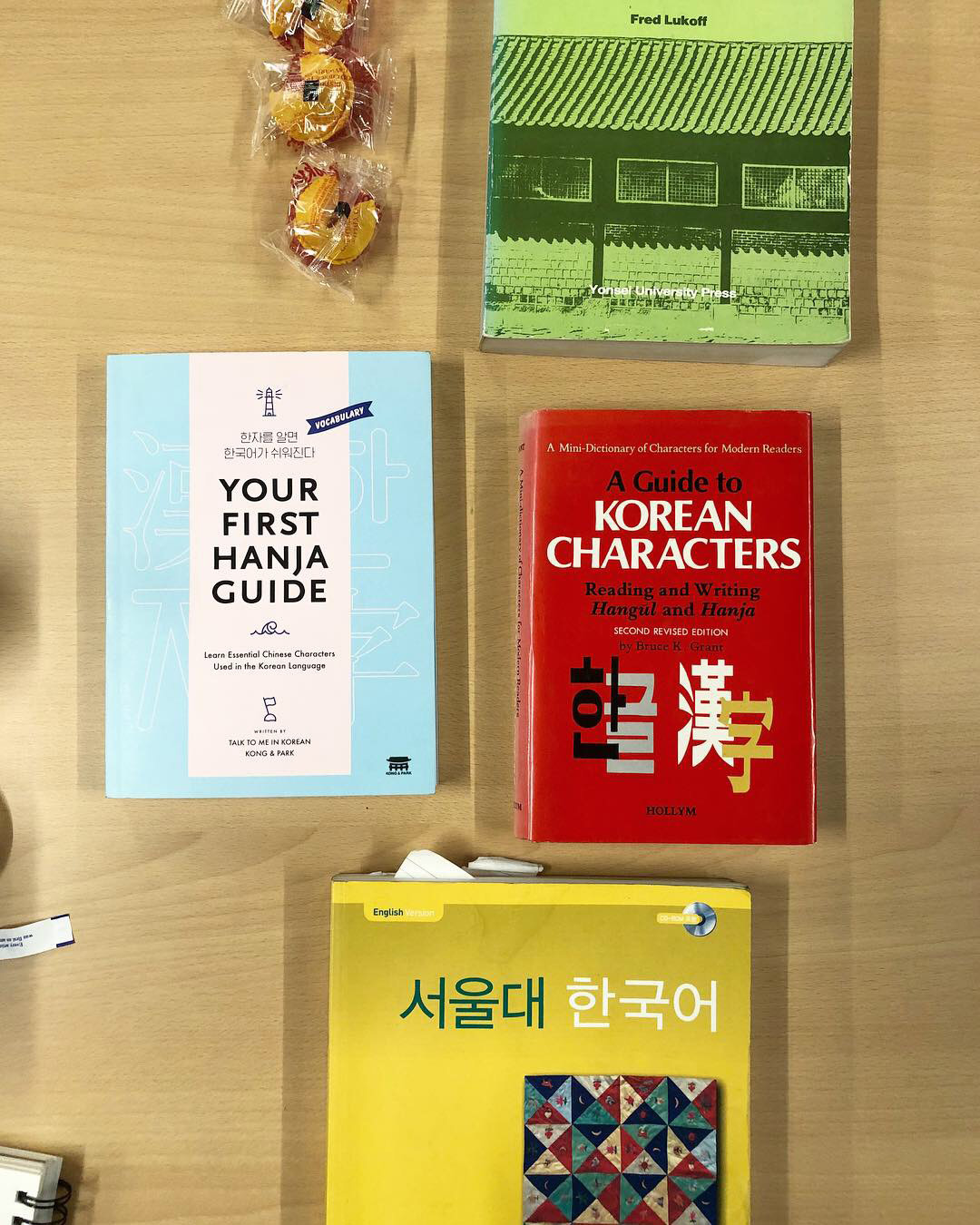On October 13th, AKA-SF held a Korean Language event for local KADs interested in studying the Korean language. Participants were treated to lunch, and two attendees won Korean language books through a raffle.
At the event, KADs who have studied Korean both locally and in Korea shared language learning tips and resources with participants. The event’s speakers represented a diversity of time spent learning Korean, ranging from one year to more than a decade.
The Program Coordinator of San Francisco’s Korean Center, Spring Kim, also joined the panel to share information about the Center’s Korean alphabet and language classes.
Though Korean is considered to be a challenging language to learn for Westerners (in fact, the Rocket Languages website lists Korean under the category “Exceptionally difficult languages for native English speakers”) event participants learned this is not a reason to feel daunted. There are many good resources and classes available to help you along the way!
As it turns out, the Korean alphabet, called Hangeul, is incredibly easy to learn. And even knowing a few Korean words and phrases can make visiting Korea significantly easier than having no Korean at all. An added bonus is that in South Korea, many words are borrowed from the English language, as evidenced by this amusing Asian Boss video, “No English Words Challenge.” In South Korean cafés, for example, coffee is essentially called “coffee” (커피/kauh-pi), and iced vanilla latte is called…ice vanilla latte.(아이스 바닐라 라떼 /eye-ee-seu pa-nil-la la-tay).
Though the long-term learners at the event agreed immersion is the most expeditious way to learn Korean, for those who aren’t able or inclined to go to Korea to study the language (which is likely most of us!), there are plenty of local opportunities to study Korean in the Bay Area, and some decent online resources as well.
Which makes this a great time to mention: For those interested in studying Korean at one of the Bay Area schools listed below, AKA-SF is able to offer occasional scholarships to help toward tuition costs. Contact AKA-SF President Tommy Gentzel to get more information, at info@aka-sf.org.
For those of you ready to take the plunge, our event speakers shared the following thoughts and tips as you get started:
- Knowing Korean increases your enjoyment of Korea
- When you start learning, try to engage with the language every day
- It’s helpful to have a study partner, and even more so to have a native speaker to practice with
- For older students who go to Korea to study but who may not want to study at a university and stay in the dorms, “hagwons” (private academies) are an alternative
- It can help with motivation to be clear on why you want to learn Korean
- Try to have fun and not be perfect or pressure yourself in the beginning – be patient with yourself and keep an open mind
- Taking time to study outside of class is important
- Watching Korean news can be helpful in the beginning because formal language (rather than slang or more familiar word conjugations) are used
- When in doubt, body language can get your further than you think!
Resource List
Below is a list of schools, online resources, and books that were shared at the event. Online sleuthing will reveal many more options and resources, as well.
Local classes
- The Korean Center’s King Sejong Institute (San Francisco):
- Offers Korean language classes starting with Korean Alphabet through Intermediate I. Registration for winter classes, which start in January, is open now and there is a $30 Early Bird discount through 11/30.
- The Oakland Korean Language School (East Bay):
- Beginning Korean levels 1-3
- Light of Grace Korean School (East Bay, Martinez, CA):
- Has a Korean School for kids aged 3-12 (and maybe classes for adults?). We recommend viewing their site in Google Chrome for auto translation.
- Adroit College (South Bay):
- Classes begin in January
Language Scholarship Programs in Korea
(offering scholarships to study in Korea)
- GOAL, Offers scholarships to study Korean in Korea
- NIIEDPrograms, Offers scholarships to study in Korea
- InKAS
Korean Universities that were mentioned at the event include:
- Sogang University (focuses more on speaking Korean)
- Yonsei University (focuses more on grammar)
There are many other universities, and hagwon’s (private academies) are another way to learn Korean.
Digital resources
- Talk to me in Korean (sister YouTube site here)
- iTalki
- Papago (dictionary)
- Duolingo
- Rocket Languages
- Bob’s Korean Class (YouTube)
- Coursera (created by Yonsei University)
Books (just to get you started)
- 500 Basic Korean Verbs
- An Introductory Course in Korean
- Living Language Korean
- A Guide to Korean Characters
감사합니다! Kamsahamnida! And happy learning!
Authored By: Dina Buck








